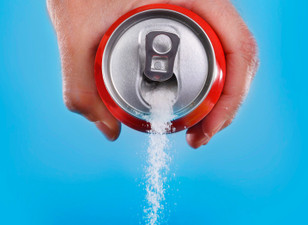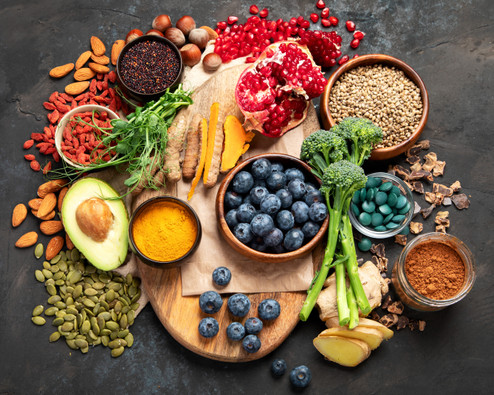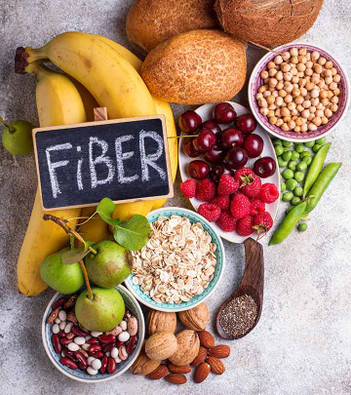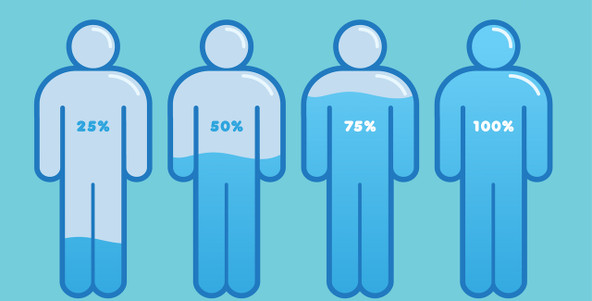Jan 23rd 2024
13 Ways to Outsmart the Holidays
Have you ever won a stare-down with a tray of Christmas cookies? You’ve probably heard that people gain an average of five to ten pounds between Thanksgiving and New Years. The good news is that the real average is more like one to two pounds. The bad news is that most of that weight is never lost. And people who are already overweight tend to gain pounds faster than normal-weight individuals do. Whether you are following the Beyond Health lifestyle to lose weight, or to get well and stay well, the next few months may challenge your resolve like no other time of year. The holiday season—for many now stretching from Halloween to the Superbowl—is a marathon of festive celebrations with friends and family that attempt to bring cheer to what might otherwise be a cold and gloomy time of year. The Challenge of Cheer It’s always harder to maintain your diet when you leave your house, but during the holidays, there is a whole lot of leaving the house. And the ten…
read more Fuel your life with the purest vitamins
Fuel your life with the purest vitamins







